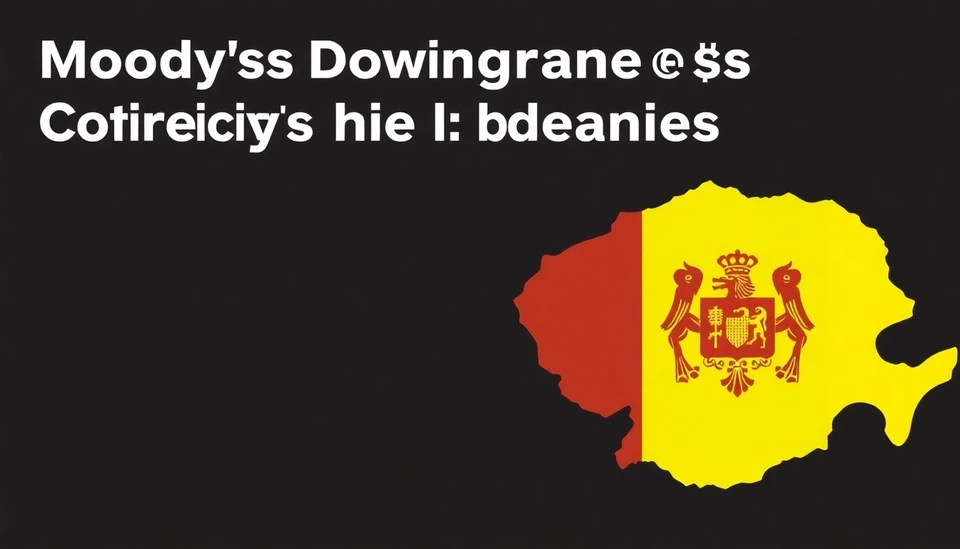
Romanian government bonds have experienced a significant decline as fears surrounding the country’s budgetary challenges and potential election implications engender a sell-off among investors. The uncertainty related to fiscal stability is compelling a shift in market sentiment and has resulted in a marked increase in yields, reflecting the growing unease about the government's financial management.
On October 15, 2024, Romania's Ministry of Finance reported that the yield on 10-year bonds surged to a troubling 6.67%. This is the highest level observed in nearly a year. Investors' apprehension has been primarily driven by concerns about a fiscal budget that may not pass muster given its projected deficits, and the looming uncertainty involved in the upcoming elections.
The Romanian government's budget draft for 2025 proposes an ambitious plan that aims to balance the economy while limiting public spending. However, critics question the feasibility of its revenue projections and whether they can realistically maintain financial stability in such a turbulent environment. The potential failure of this budget to garner parliamentary support would exacerbate the existing economic challenges and further erode confidence among bondholders.
Adding to the market volatility, upcoming elections have created an atmosphere of unpredictability. Political analysts point out that the election season could lead to more populist fiscal measures being proposed, which might plunge the country into deeper fiscal uncertainty. Investors are wary that such proposals could strain the budget even further, leading to more extreme sell-offs in government bonds.
In response to these developments, corporate bonds have also seen declines, underlining a broader sentiment of risk aversion among investors. Many are reassessing their portfolios, with some moving to safer assets amid fears of increased volatility in the Romanian market. The prospect of an unstable political landscape and the potential for unsustainable budget deficits pose risks that many investors are not willing to overlook.
This situation parallels other recent events in Central and Eastern Europe, where tensions over fiscal policy and government spending have elicited a similar response from the market. The region is in a delicate position as it navigates the combined pressures of fluctuating economic conditions, geopolitical tensions, and the common resolve to align with greater European Union fiscal requirements.
The Romanian economy, traditionally bolstered by EU support, has been facing challenges related to inflation and external debt obligations. The internal political strife and shifting alliances within the parliament further complicate the government's ability to execute its budget plans effectively. Hence, the stakes remain high as the country strives to maintain economic resilience amidst declining investor confidence.
In summary, the combination of mounting budgetary woes and political risks poses a critical challenge for Romania's financial landscape, as investors remain on high alert amid worrying trends in the bond market. The coming weeks will be pivotal for the country's economic trajectory as it seeks to stabilize investor sentiment and secure its financial footing.
#Romania #Bonds #Finance #Investment #BudgetCrisis #Elections #MarketVolatility #EconomicUncertainty
Author: Rachel Greene




